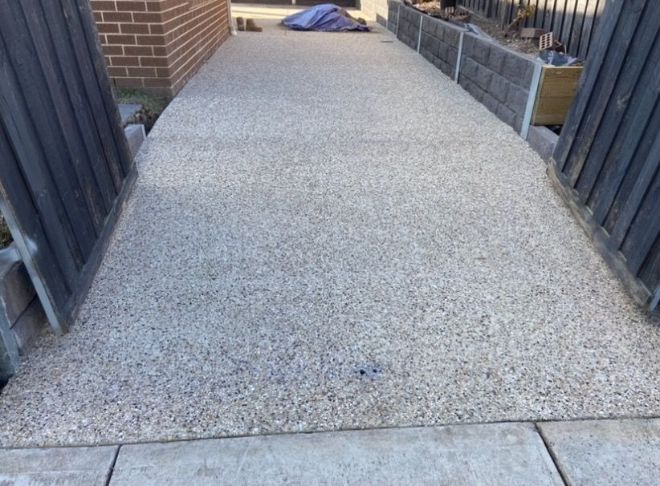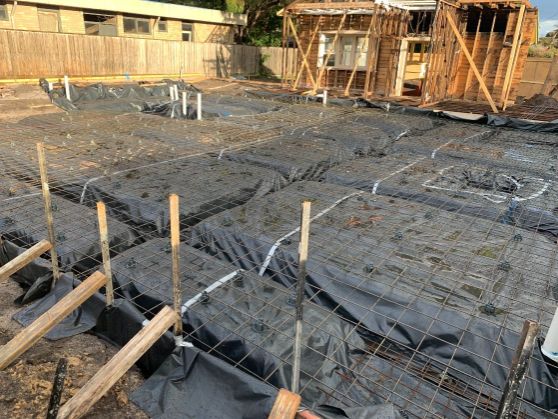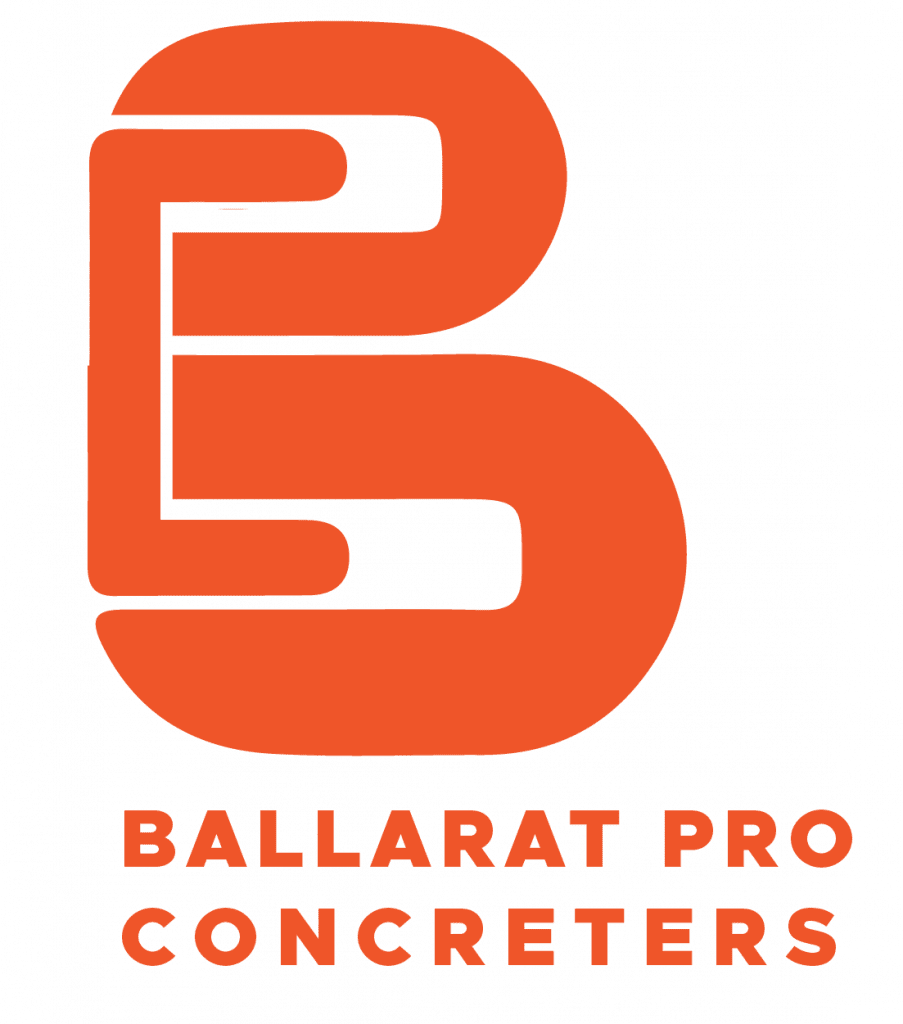Yes, a concrete driveway needs rebar, or steel, to provide strength to the slab. Adding rebar provides extra strength and support to the surface so it can handle large vehicles and equipment.
Driveways located in places where the soil is constantly moving may also benefit from using rebar. Adding such reinforcement can keep the concrete slab in place and prevent any damages from appearing due to ground movement.
At Ballarat Pro Concreters, we highly recommend getting advice from an expert when installing a concrete driveway.
For this post, we’ll learn the basics about rebar and discuss the common questions associated with using it for concrete driveways.
What is Rebar?
Rebar, also called reinforcement steel or reinforcing steel, is a carbon steel bar used to strengthen concrete structures. It is normally used in construction to give structures added durability and stability.
In concrete driveways, it is used to hold the material together and to also prevent it from compressing. Rebar is usually made in a grid-like pattern and is installed by concreters as they lay a concrete driveway.

When Should I Use Rebar in a Concrete Driveway?
You should use rebar in a concrete driveway when:
- It will experience heavy loads: Driveways that are expected to have large vehicles or be used frequently may benefit from rebar due to the additional support it provides.
- Its size necessitates reinforcement: Bigger driveways or those made with complex designs may need to be reinforced with rebar to remain stable.
- It’s built in shifting or settling soil: Concrete driveways will benefit from rebar if they are built in areas where the soil shifts or settles regularly.
What Are the Different Types of Driveway Rebars?
The different types of driveway rebar are standard, stainless steel, galvanised, and epoxy-coated rebar.
Standard rebar is often used in most residential drivers and is made using carbon steel. On the other hand, stainless steel rebar is quite expensive due to its added corrosion resistance. Therefore, it is not recommended for residential use due to its high cost.
Finally, galvanised and epoxy-coated rebar are those metal rods that are more corrosion-resistant and designed to withstand the elements better.
What Happens If I Don’t Use Rebar in a Concrete Driveway?
Not using rebar in a concrete driveway that needs one will result in a weak, unstable surface that is vulnerable to cracks. In addition, water present beneath the concrete slab can cause damage to concrete in due time. The presence of rebar can prevent this from happening.
Additionally, concrete driveways can be damaged due to soil movement. Installing rebar can hold the concrete together and stop it from moving apart.
Want to know how long concrete driveways last? Read our post about it.

